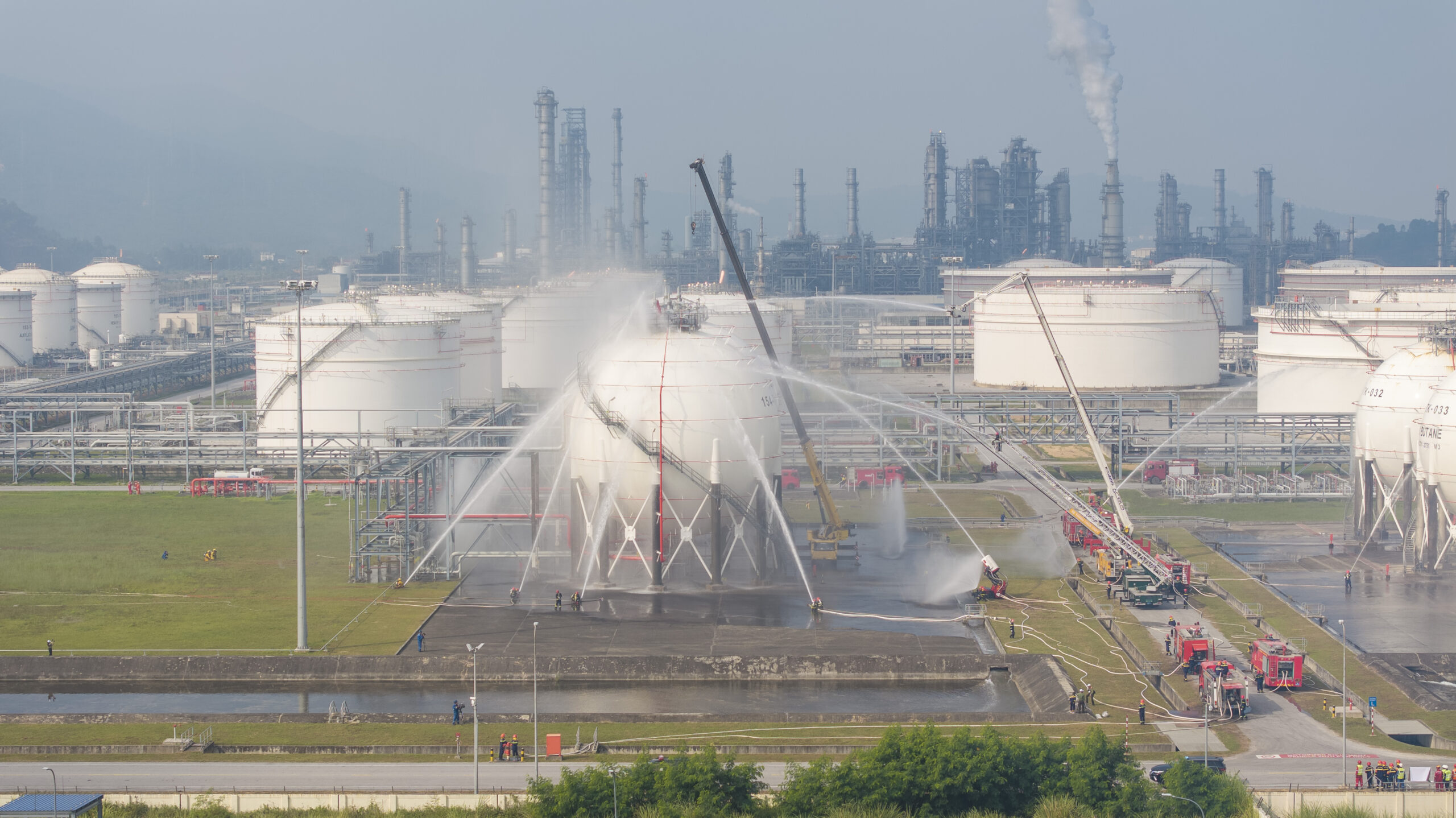
default
In a powerful display of crisis readiness, Senegal’s African Refining Company (SAR) conducted a large-scale emergency simulation on June 17, aiming to test its preparedness for industrial accidents.
The scenario — a gas leak followed by a fire — unfolded around the D-517 sphere at the Pikine refinery site, mobilising a vast network of emergency responders and crisis management units.
The simulation was no ordinary safety drill. Firefighters, security personnel, police officers, gendarmes, medical staff, Red Cross teams, and even students — evacuated aboard Dakar Dem Dikk buses — were all part of the meticulously choreographed operation. An advanced medical post was established on-site, mirroring the infrastructure of a real-life disaster response.
“This exercise is not just a formality; it’s a necessary tool to assess and strengthen our safety systems,” said SAR Director General Mamadou Abib Diop, who was present to oversee the simulation.
SAR has significantly upgraded its safety infrastructure in recent years. Key investments include two state-of-the-art fire trucks valued at one billion CFA francs, a floating containment boom worth 250 million CFA francs, high-capacity monitor launchers priced at 600 million CFA francs, and a sophisticated gas detection network linked to a centralised control station.
These safety enhancements serve a dual purpose: mitigating the inherent risks of refining operations and building public confidence among local communities and economic stakeholders.
The drill also ties into the refinery’s broader vision — the SAR 2.0 project — which aims to transform the company’s operational capacity.
By 2030, SAR intends to increase its annual refining capacity to 5.5 million tonnes.
This expansion is critical for achieving Senegal’s goal of energy self-sufficiency and establishing a competitive foothold in West Africa’s growing energy market.
A major component of that strategy includes processing oil from the Sangomar offshore field domestically.
In that context, the emergency exercise in Pikine was more than a test of reflexes; it was a rehearsal for a future where Senegal’s refining industry plays a leading role — backed by world-class safety standards.



